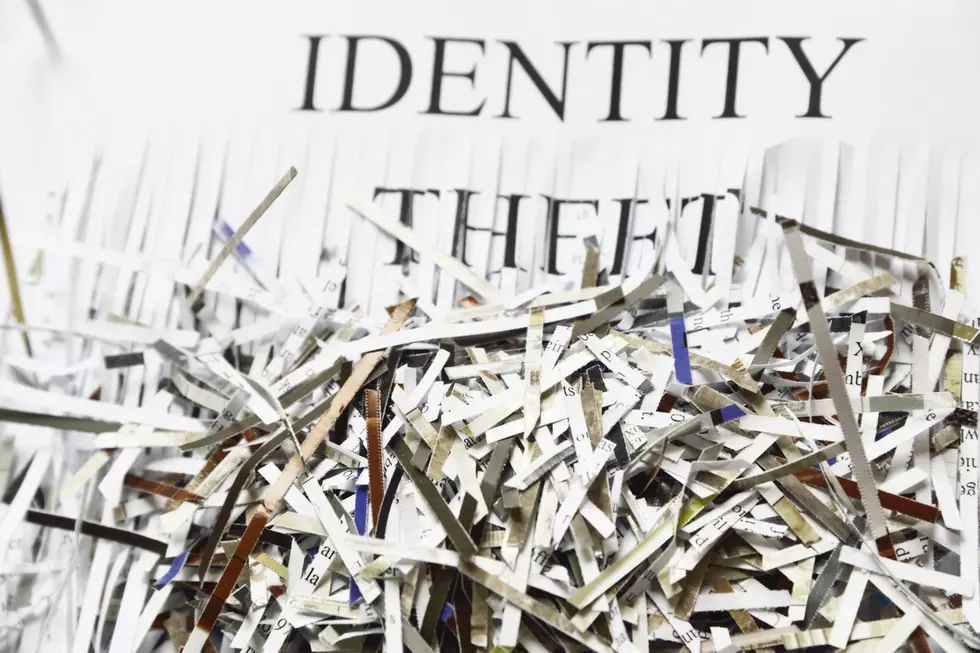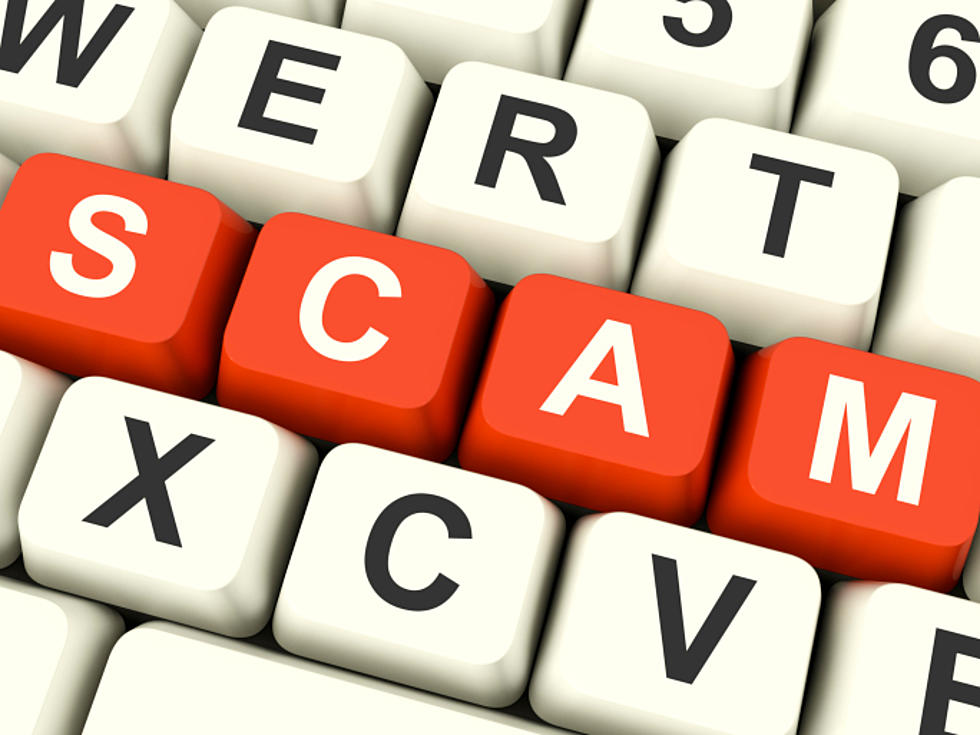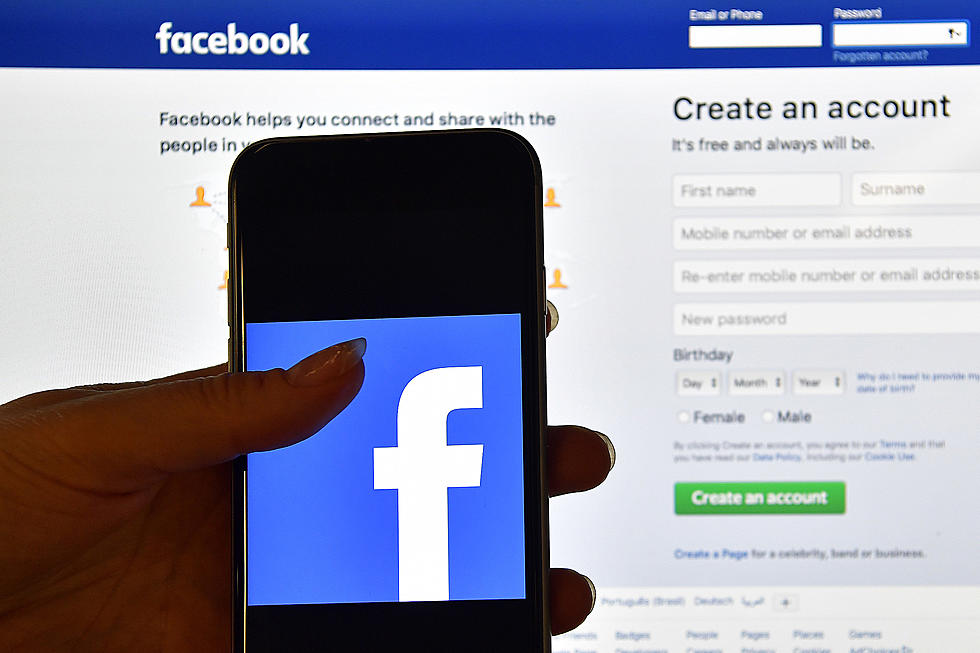
My Identity Was Just Stolen. You Should Protect Yours Right Now
Yesterday I got one of those messages that sends chills down one's spine - there was new activity on my credit reports.
Now, of course, that doesn't necessarily have to mean something bad. If you've recently opened a new credit card or took out a loan, those institutions would check your credit reports as part of the approval process.
The problem is when you haven't done any of those things lately, which was my situation.
Thankfully, one of the benefits on my credit card includes fraud protection (shout out to Discover), so I got an alert right away.
By the time I checked my credit reports, I'd had 5 attempted account openings in just the last two days.
So, I've spent the last two days since then making phone calls, proving that I am who I say that I am, getting put on hold, transferred from one department to another, and generally being put through the financial security wringer.
The most frustrating part, though, is knowing that my most important personal information is out there somewhere and having no idea how it actually got out there.
As you probably know, there have been a couple of high profile security breaches recently which potentially exposed the financial information of millions of Americans.
In some cases, officials even know that our personal information is out there for sale to anybody who's willing to pay for it.
If your info is out there, it's out there. You can't stuff the genie back into the lamp.
What you can, and should, do though is to secure your credit.
Locking your credit reports will add an extra step to the process when you legitimately try to open a new credit card or you apply for a loan, but that extra step could mean the difference between a little inconvenience and financial ruin.
There are three credit reporting bureaus, and all allow you to lock your credit report for free.
The agencies are Experian, TransUnion, and Equifax.
Even if you have no reason to think that your personal information is out there, it's still a good idea to lock your credit reports just to be safe.
It's also a good idea to subscribe to some kind of fraud alert service.
Like I said, my Discover card offers fraud alerts as a benefit to account holders, but there are also services like LifeLock that offer credit monitoring and alerts for a monthly fee.
Also, if you believe that your information may have been compromised in the Wawa data breach, you can sign up for Experian's Identity Works for free.
It's been stressful sorting all of this out and securing my information, but I can only imagine how much worse it would have been if I hadn't gotten those alerts quickly and fraudulent accounts in my name started to circulate.
You can click here for more information on fraud alerts from the FTC.

More From 92.7 WOBM








